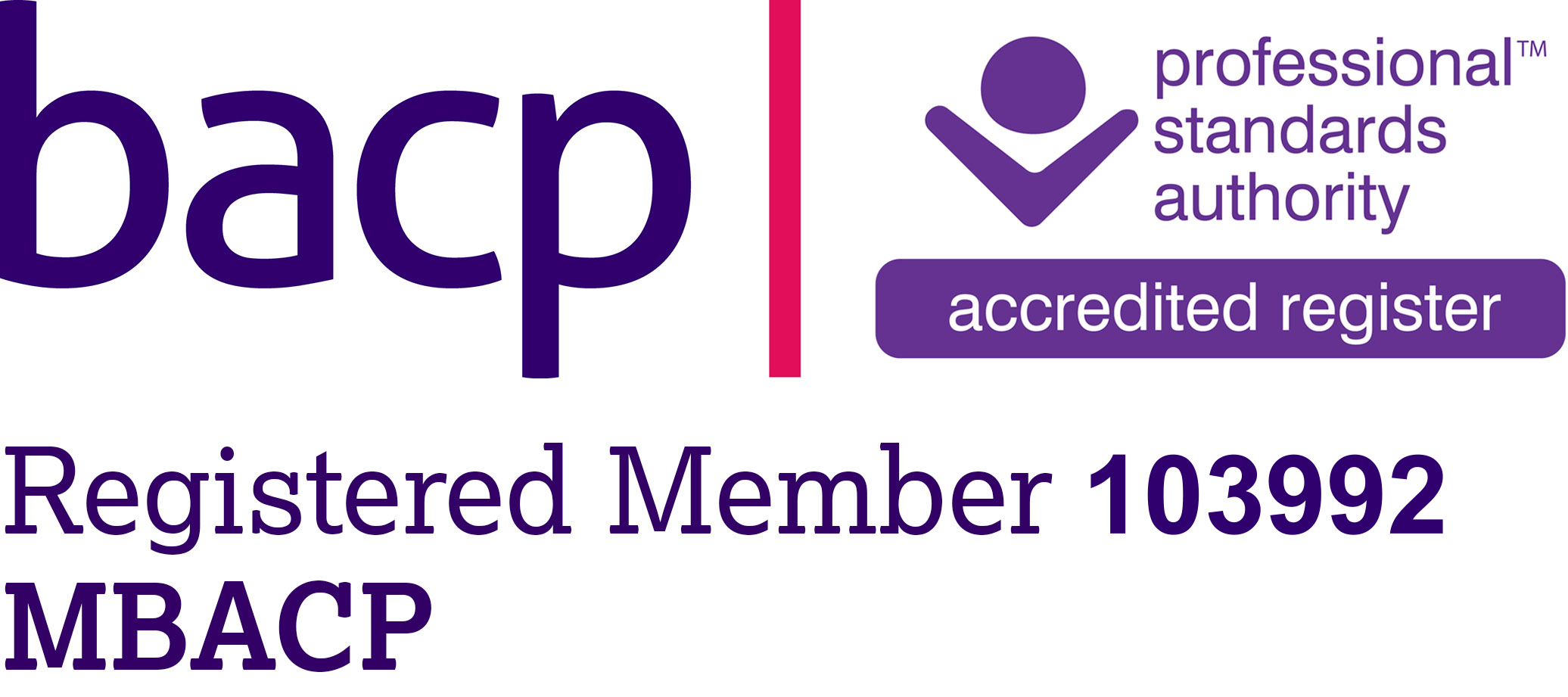Have I Got A Drink Problem?
by Samantha De Bono
If your drinking causes problems for you or for someone else, in any area of your life, then that is a drinking problem. If your drinking causes problems with your health, work, friends, relationships, finances or the law, then that drinking is a problem. If your drinking causes problems with your husband or wife, parents, children or bosses, then that drinking is a problem.
A drinking problem isn't simply defined by the amount of alcohol you drink, or when you drink it, but is a problem if your drinking causes you or anyone else a problem. For example, if your employer does not allow drinking during working hours and you have half a bottle of wine at lunch or go to the pub during your lunch hour, this drinking could cause severe problems. If you and your partner go out for the night and you drink yourself to a standstill, leaving your partner to take care of you, or you become argumentative or abusive, this drinking is a problem.
I'm a "Social Drinker" – so does that mean I haven't got a drink problem? Not necessarily. A person's drinking can be both problematic and social. For example, if someone has physical or mental health issues, just one drink "socially" could make this a problem. But what people usually mean by "social drinking" is that they drink with friends and not alone at home, so it's important to see that a drink problem does not relate only to those who are solitary drinkers. People often say that they are a "normal drinker" which would imply that they have their own view on what is not normal, who are you comparing your normal drinking with? In terms of quantities and frequency, some people will drink loads, others will drink less, so with whom are you comparing yourself ? your perception of what other people drink and whether it is problematic may well be wrong.
A drink problem is not just about 'needing' to drink, it's not someone who drinks first thing in the morning, or can't go a week without a drink. A problem drinker might only drink on Christmas Day and never at any other time of the year, but if that person becomes abusive or doesn't know when to stop on that one day, and causes family and friends to become concerned, embarrassed, frightened or upset, that drinking is a problem.
If deaths attributed to alcohol consumption are estimated to be in the region of 40,000 a year in England and Wales, then perhaps "social" drinking isn't so normal after all. Apparently, 66% of those deaths are not attributed to health issues, but due to accidents whilst under the influence.
Guidelines for sensible drinking in the UK are no more than 3 to 4 units per day for men and no more than 2 to 3 units per day for women with one or two alcohol-free days in each week advisable.
There are different schools of thought on how to treat alcohol problems, but what is most important is what feels right for you. Here are a few links you might find useful:-
http://www.counselling-directory.org.uk/areaspage.html
http://www.alcoholconcern.org.uk/
http://www.alcoholics-anonymous.org.uk/?PageID=4
http://www.bromley.gov.uk/info/200090/substance_misuse/
http://www.patient.co.uk/support/Drinkline.htm


